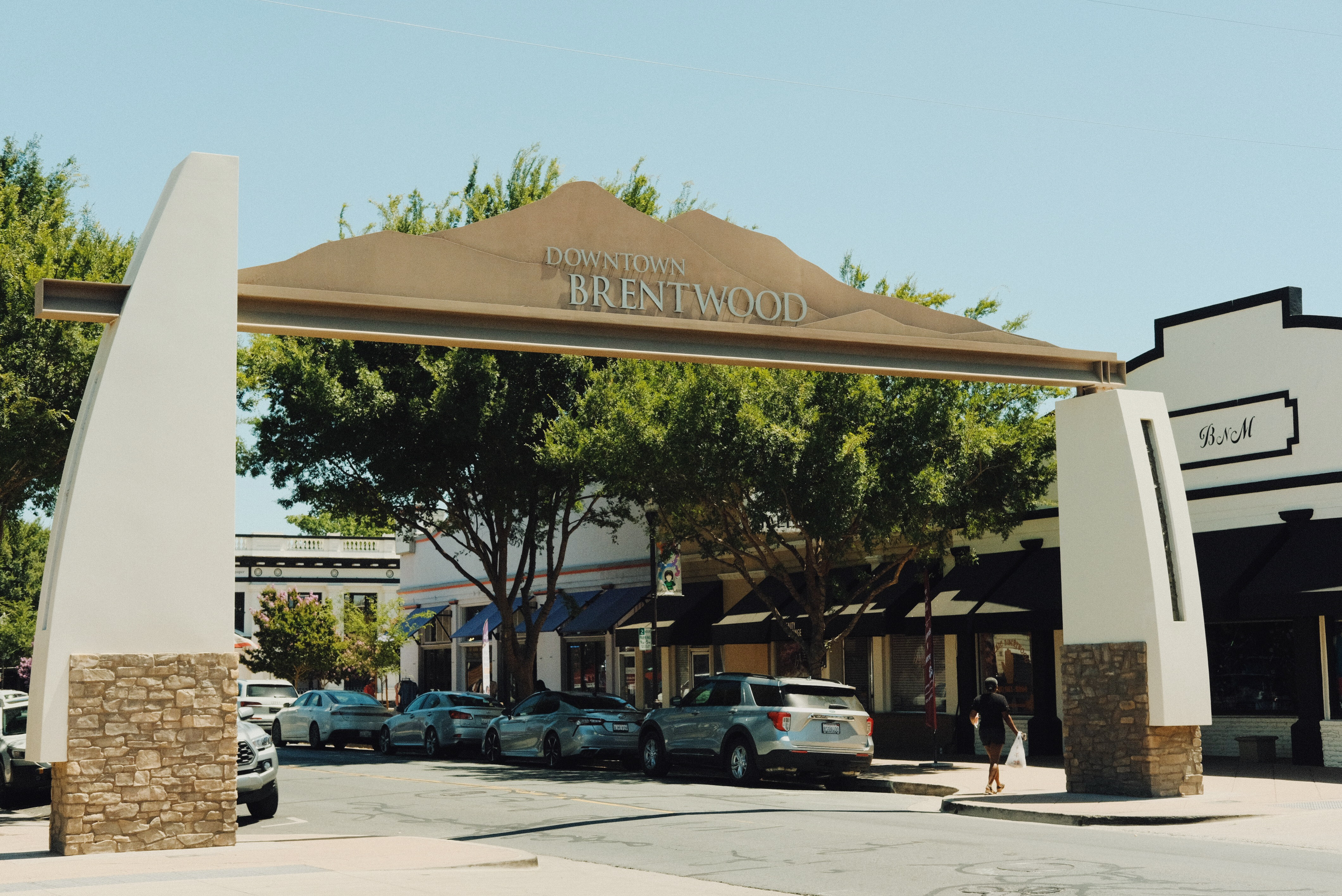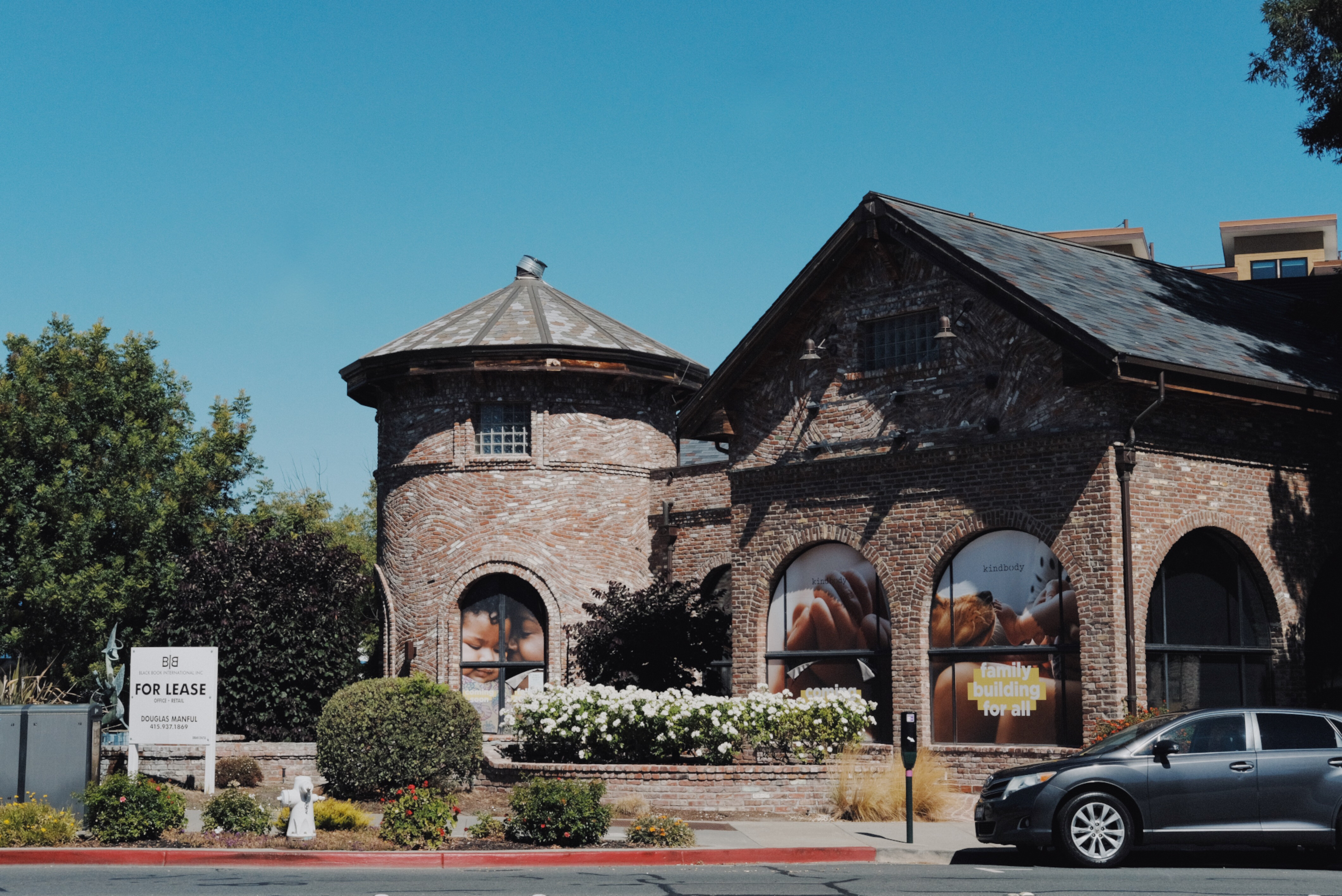The Art of Neighboring - Week 2 - Daily Steps
Welcome to Daily Steps!
A weekly devotional message with daily scripture readings, prayer prompts, and action steps to help you spend time with Jesus and strengthen your relationship with Him.
2 Corinthians 5:20 "We are ambassadors of the Anointed One who carry the message of Christ to the world, as though God were tenderly pleading with them directly through our lips. So we tenderly plead with you on Christ’s behalf, turn back to God, and be reconciled to Him.” (TPT)
Divinely Appointed Ambassadors
When many people think of ambassadors today, a cushy governmental position with immunity, prestige, and enviable perks often comes to mind. However, most of us far underestimate the critical — and sometimes dangerous — role that ambassadors play around the world in negotiating peace, diplomatically solving global problems, and advocating for its citizens stuck in precarious situations abroad. One of the most unrecognized accomplishments of a US ambassador was Benjamin Franklin’s efforts in the fall of 1776 to create an alliance with France. His brilliant work ended up turning the tide of the Revolutionary War. Without his efforts, it's very possible that America would’ve lost its struggle for independence. Even more surprising, Franklin was 70 years old when he boarded the ship to France — an arduous and perilous journey that would take at least three months. While this may not seem all that remarkable in today’s world, back then the average life expectancy hovered around 36 years old, and the vast majority of creature comforts and medical care we have today were virtually nonexistent. In every respect, our founding forefather exhibited the true character of an ambassador: courage, commitment, and self-forgetfulness.
The position of an ambassador has been around since before the time of Christ and has changed very little in its primary purpose: to act as a representative of a governmental leader or ruler. So when Paul used the term in 2 Corinthians 5:20, he didn’t declare it lightly. He knew that his readers would understand both the seriousness and the honor that is involved in representing the ruler of our hearts — King Jesus — to the specific areas of the world in which we are called — our neighborhoods, families, and friendship circles. The Passion Translation of this verse uses the phrase “tenderly pleading” to describe our calling in loving and serving our neighbors. If we are to represent Jesus, which means that we are to act as a close facsimile of Him, then approaching and interacting others should bear the hallmarks of His presence… gentle, not brash… approachable, not arrogant… diplomatic, not legalistic… hopeful, not skeptical… courageous, not fearful… dependable, not unreliable… and most importantly, loving, not judgmental.
Everything about Jesus’ approach to reaching out and loving the people immediately around Him was sacrificial, rather than selfish. Even though He was God incarnate, He was also fully human, so we should never allow ourselves to think that loving others was entirely easy for Him. He had to wage war within Himself, just like we do. It took great courage to defy the social norms of the day and approach outcasts with love. He had to muster incredible commitment to stick with the finicky, unfaithful and stubborn disciples when they didn’t understand His purposes. Most remarkably, He gave up every notion of self-protection and preservation to bridge the gap between humankind and the unfailing love of God. This is the ministry of reconciliation that Paul is talking about in 2 Corinthians 5:19 — the verse that precedes his declaration that we are ambassadors. “… it was through the Anointed One that God was shepherding the world, not even keeping records of their transgressions, and He has entrusted to us the ministry of opening the door of reconciliation to God.”
Loving our neighbors is not about doing nice, unexpected things for them. It’s not about inviting them over for a luxurious dinner. Nor it is even about watching over their home while they’re away on vacation. All of those things can be expressions of Godly love, but too often we treat them like a performance checklist designed to placate our own need to be liked, appreciated, or admired. Loving our neighbors is ultimately about our divine calling as ambassadors of Jesus to act on a clear directive to be the bridge back to union with our Heavenly Father. When we courageously trust God to overcome our fears, commit to doing the work He’s asked us to do in the power of His Spirit, and humbly love without expecting anything in return, we will achieve something even greater than Benjamin Franklin did. Little by little, day by day, God will use us to turn the tide of the spiritual wars being waged in this world for the souls of humankind.
This week as you reflect on the Scripture readings, begin each day by asking God to help you answer these questions: What resistance, selfishness, and fears are within me and prevent me from reaching out to my neighbors and being an ambassador for Jesus? How is Jesus leading me toward courage, commitment, and self-forgetfulness by changing or surrendering an aspect of myself to Him?
Daily Bible Readings
Monday - Read Colossians 4:5-7 and James 1:5. For many believers, their greatest fear in reaching out to neighbors is saying the wrong thing, especially when asked about their faith. However, we are assured that we never need to worry about that. When we engage others with an extra measure of grace, listen more than we speak, and show genuine interest in their lives, we give the Holy Spirit more time and space to work in our relationships. Every interaction is an opportunity to help someone else draw one step closer to God. If you struggle with what to say to your neighbors, commit to spending time in prayer asking the Holy Spirit to fill your heart with wisdom, and season your speech with His power. Then ask Jesus to help you let go of your need to sound good and your fear of being rejected, replacing those fears with trust in Him to take care of the outcome regardless of how you come across. The Holy Spirit is responsible for the ministry of reconciliation, we just need to participate and leave the results to Him.
Tuesday - Read Matthew 5:13. In Jesus’ day, salt was not only a flavoring but also a preservative to keep food from spoiling. As you think about these two benefits of salt and why Jesus compared this valuable mineral to His followers, spend time in quiet reflection on what aspects of your life are flavorful and sustaining to your neighbors. Now, look at the rest of the verse. Jesus said that once salt loses its flavor, it is to be thrown out. Ask the Holy Spirit to search your heart and reveal any areas or activities that make you unappealing as a neighbor and as an ambassador of Jesus. While it takes courage to explore these areas of your heart, desires, and fears, remember that when you humbly sit in the presence of God, He is ready to flood you with love and forgiveness, not judgment or punishment. Allow His forgiveness to wash away your shortcomings and His power to fill you for the holy calling for which you were made.
Wednesday - Read 1 John 4:18. We are the most flavorful, or appealing, to our neighbors when we are loving them without fear, skepticism, and judgment. This verse assures us that when we allow God’s perfect love to work in our hearts and overflow into the lives of others, fear will be cast aside. When we act on our fears in order to protect ourselves from social awkwardness and our schedules from being interrupted, we are not permitting the perfect love of God to radiate outward. Spend some time at the feet of Jesus, praising Him for His sacrifice and His perfect love. Then spend some time jotting down a list of fears that typically hold you back from reaching out to your neighbors more often. Afterward, prayerfully surrender each one to God and ask Him to conquer them in the power of His perfect love.
Thursday - Read Ephesians 5:8-9. The Bible is filled with examples of how we are to be magnetic in drawing others to Jesus. In this verse, Paul compares us to light and tells us, “Walk as children of light (for the fruit of light is found in all that is good and right and true).” What do you think he means when he says, “fruit of light”? Normally, we don’t think of fruit as a product of light, so why do you think that Paul chose that word? John Stott, the great theologian, once said, “The truth is powerful when it’s argued, but it’s more powerful when it’s exhibited.” Just as a shining light can turn people away if it’s much too bright, ask God to guide in you in how to be a tender, alluring light to your neighbors. If any specific ideas pop in your mind as you pray, be sure to capture them in a note on your phone or write them down.
Friday - Read 1 Peter 3:8-12 several times slowly. Write down all of the ways this passage guides us in developing and sustaining the kind of relationships that gently encourage others to seek God. What benefits are waiting for those who follow the instruction of this passage? Spend time with God by quietly reflecting on His plan to bring humankind back into full relationship with Him. Ask Him this simple question and then wait in stillness for at least five minutes for Him to whisper to your heart: “Loving Father, how can I be a bridge back to you?”
TAKE YOUR NEXT STEP
Grow closer to Jesus each day and explore what it means to love your neighbor as yourself.
Want to Go Even Further?
If you are not already using our weekly study guide with your community group or family members, you're missing out on thought-provoking questions for discussion or individual study.
STUDY GUIDE - THE ART OF NEIGHBORING - WEEK 2
Watch CF Beyond Sunday this Monday!
After each sermon, our pastors and various church leaders sit down for about 20 minutes to have a discussion about the sermon topic. It will be posted on our YouTube channel on Monday night, August 10!





